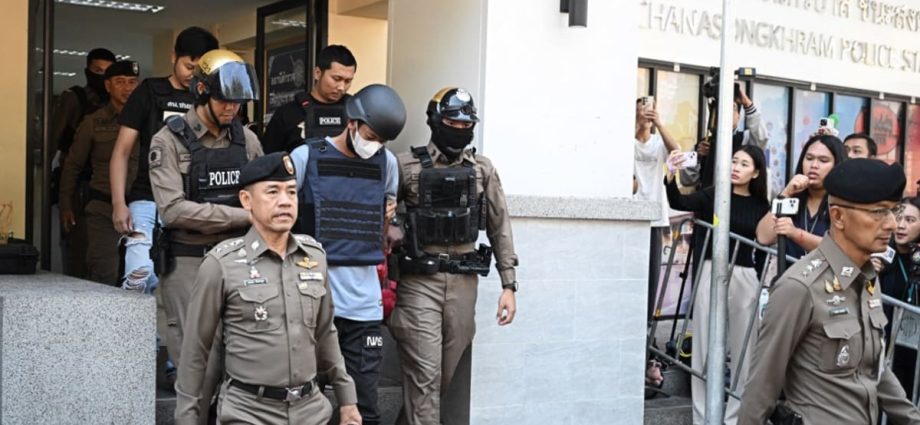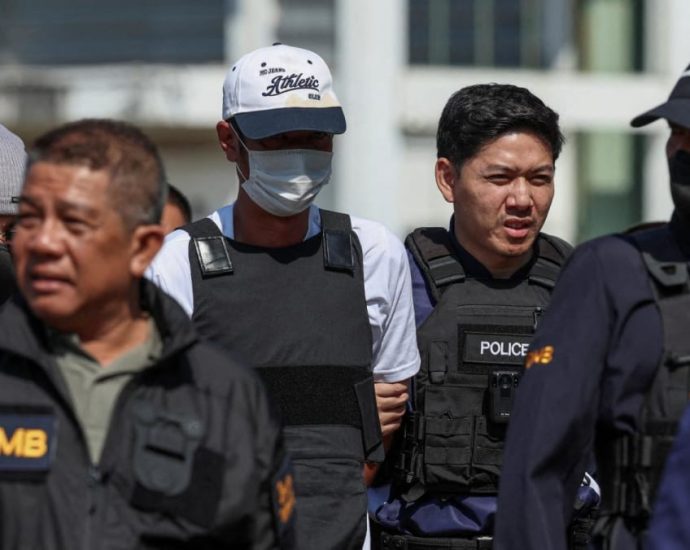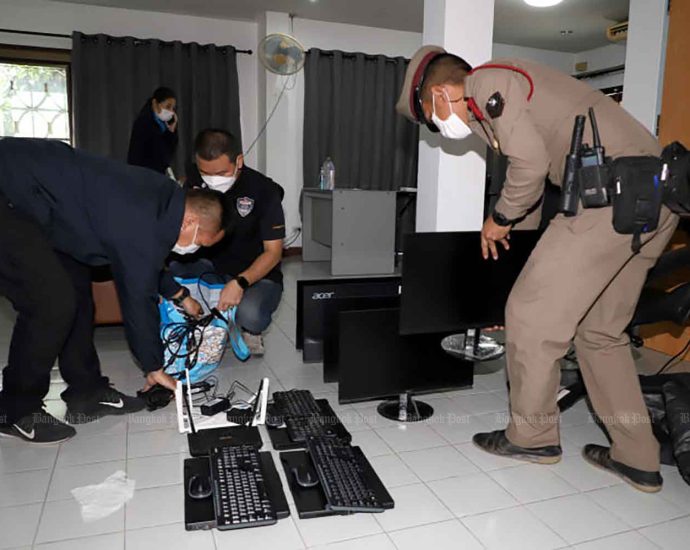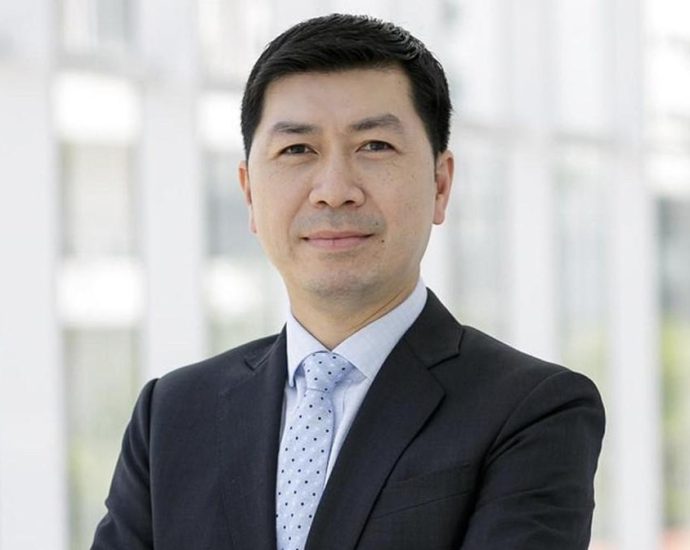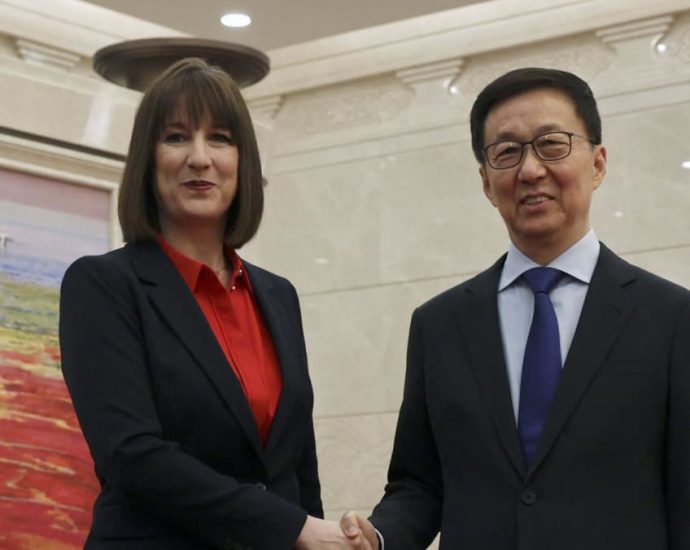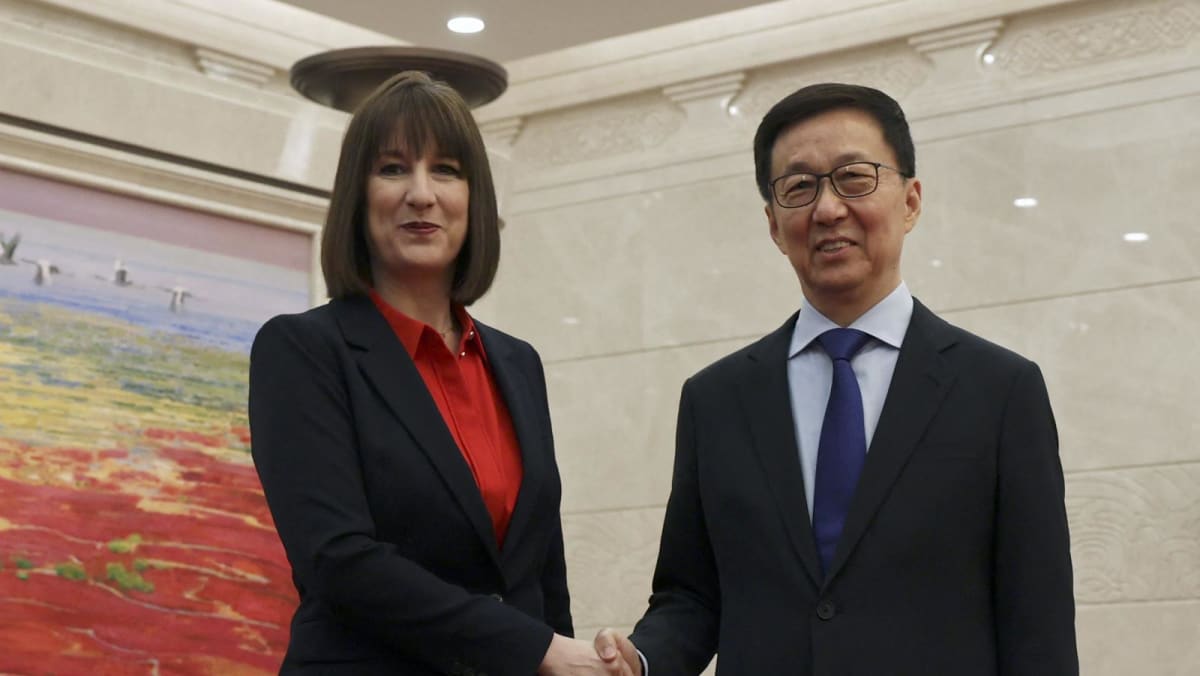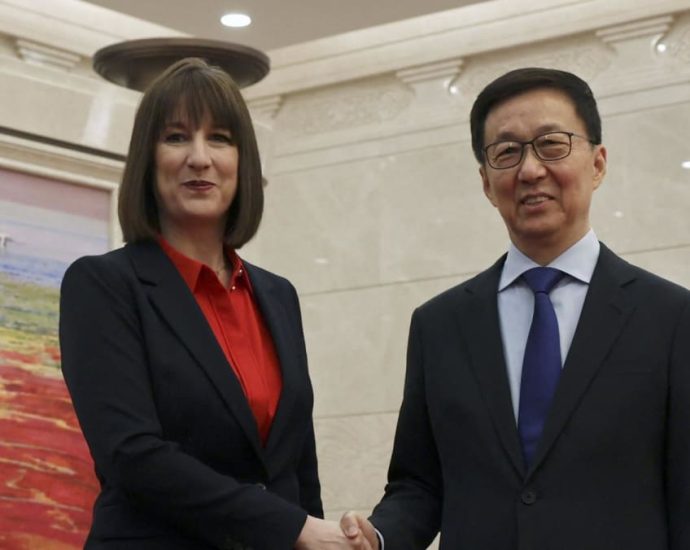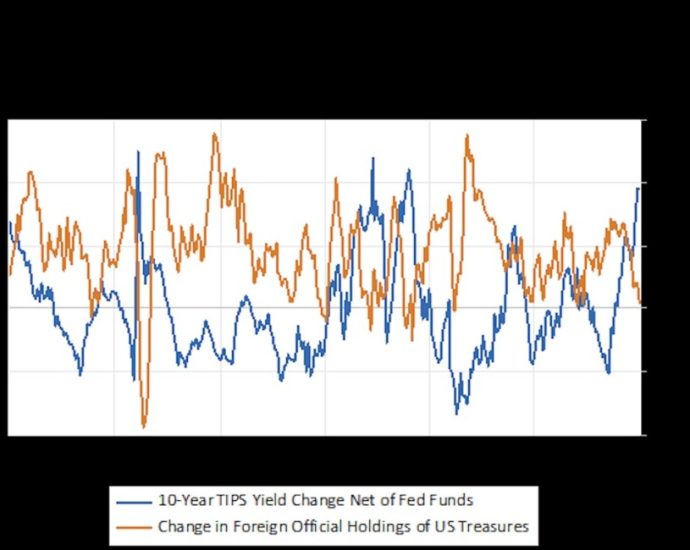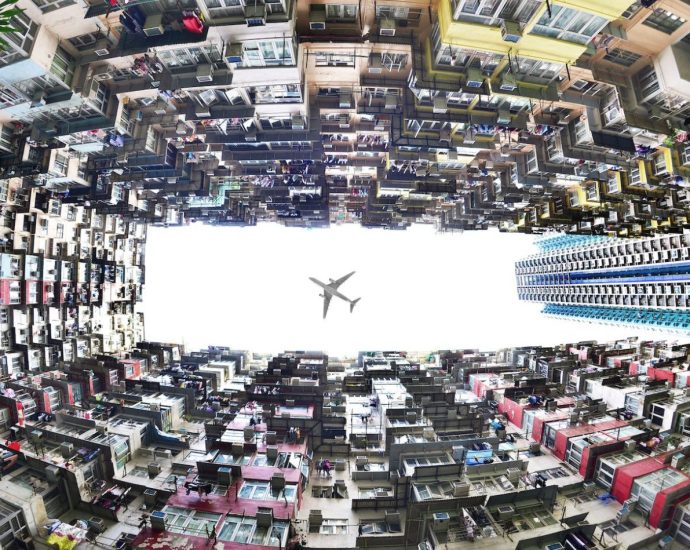Thai court extends detention for suspect in Cambodian politician murder
Bangkok: On Monday ( Jan 13 ), a Thai court granted a man’s request to remain in Thailand for 12 days after being charged with killing a Cambodian opposition politician in an attack there. Ekkalak Paenoi, who gave his confession to the violence on Saturday in a video picture, wasContinue Reading

